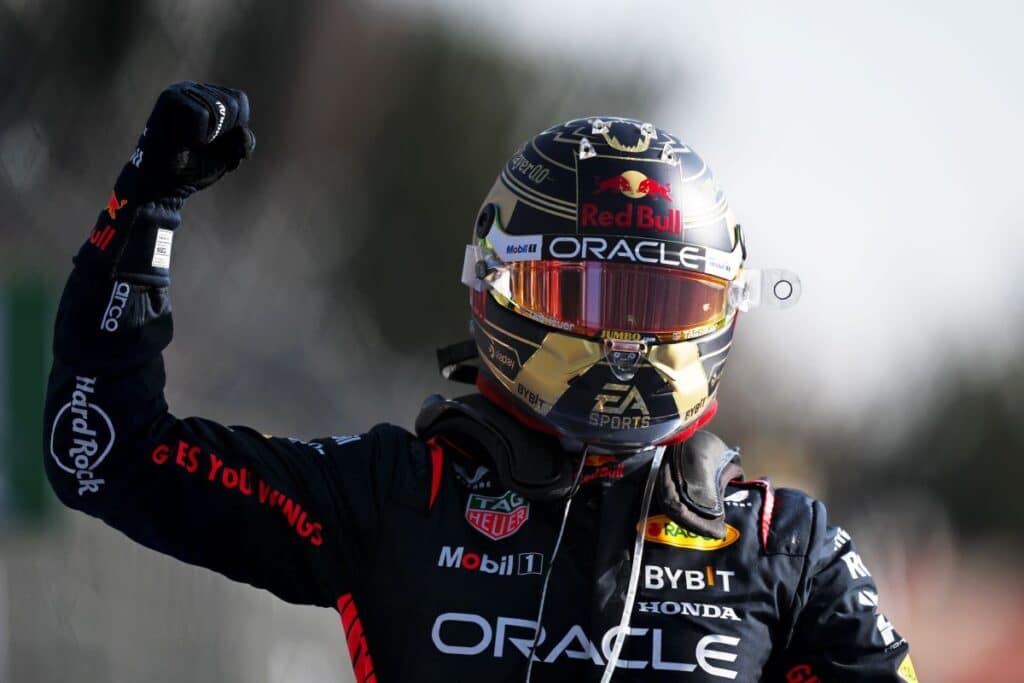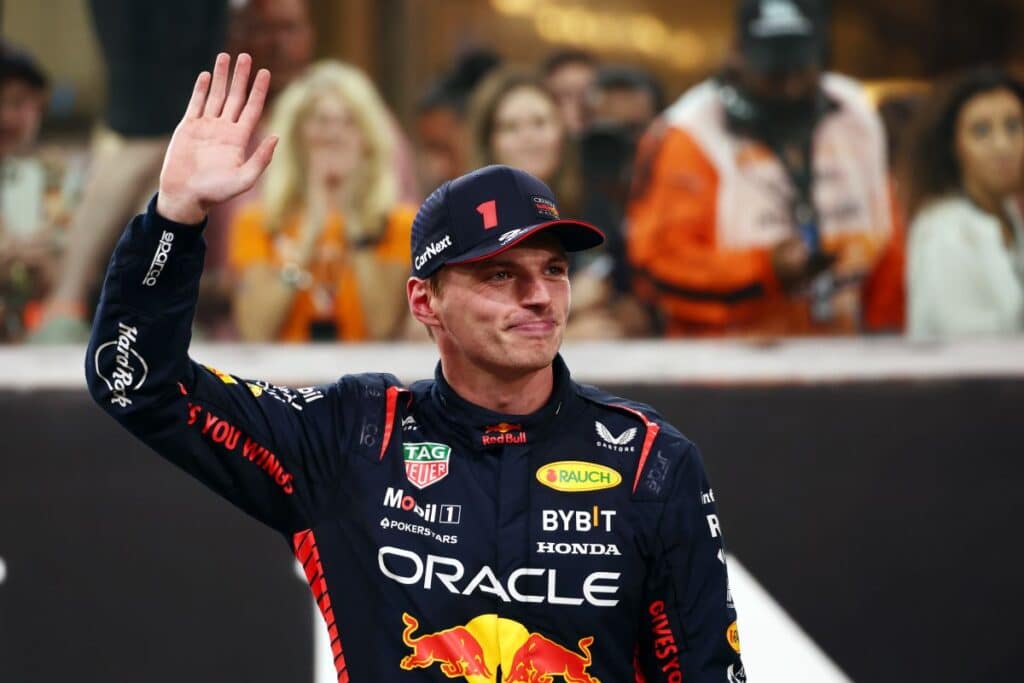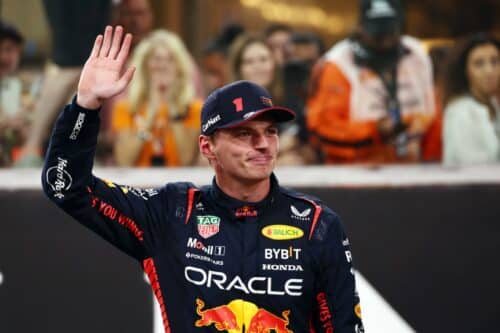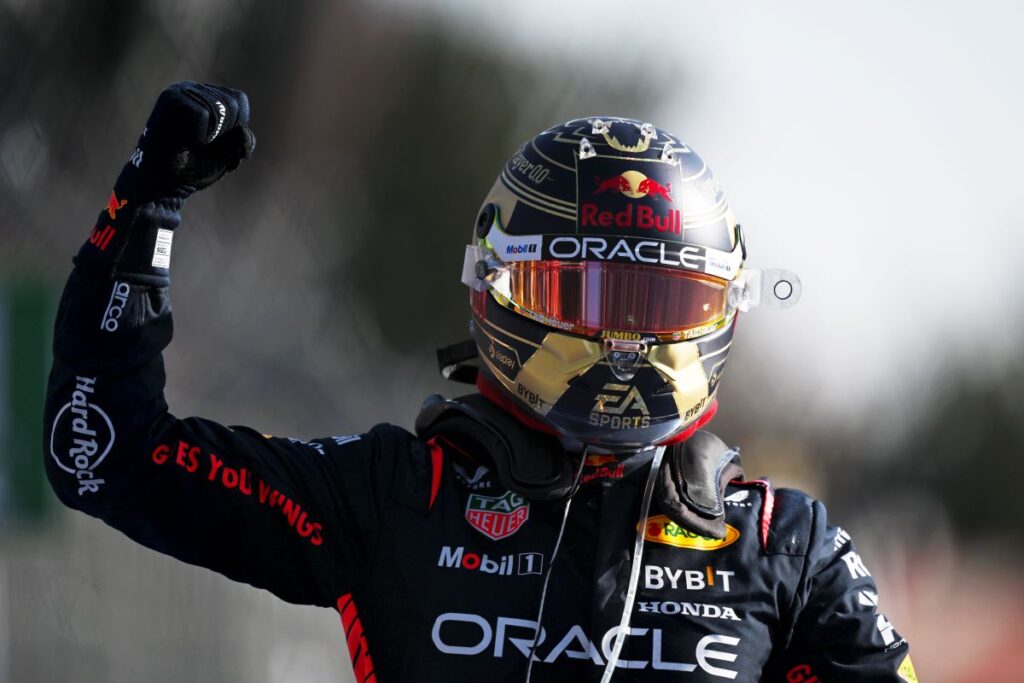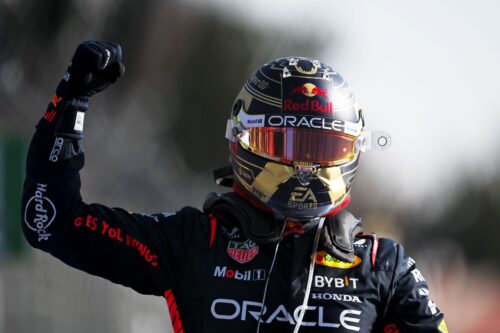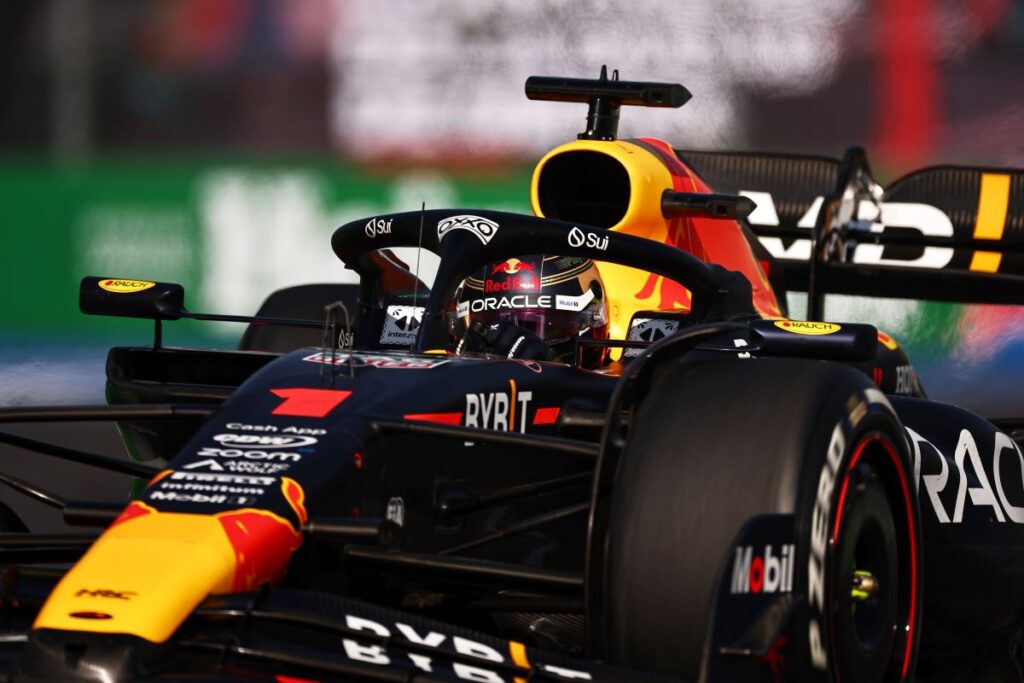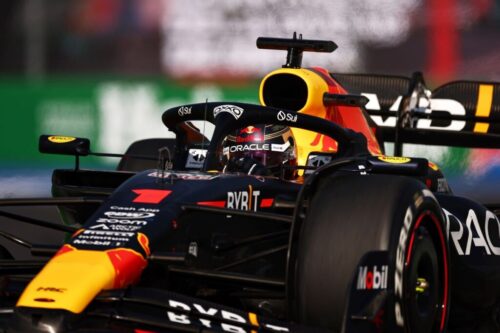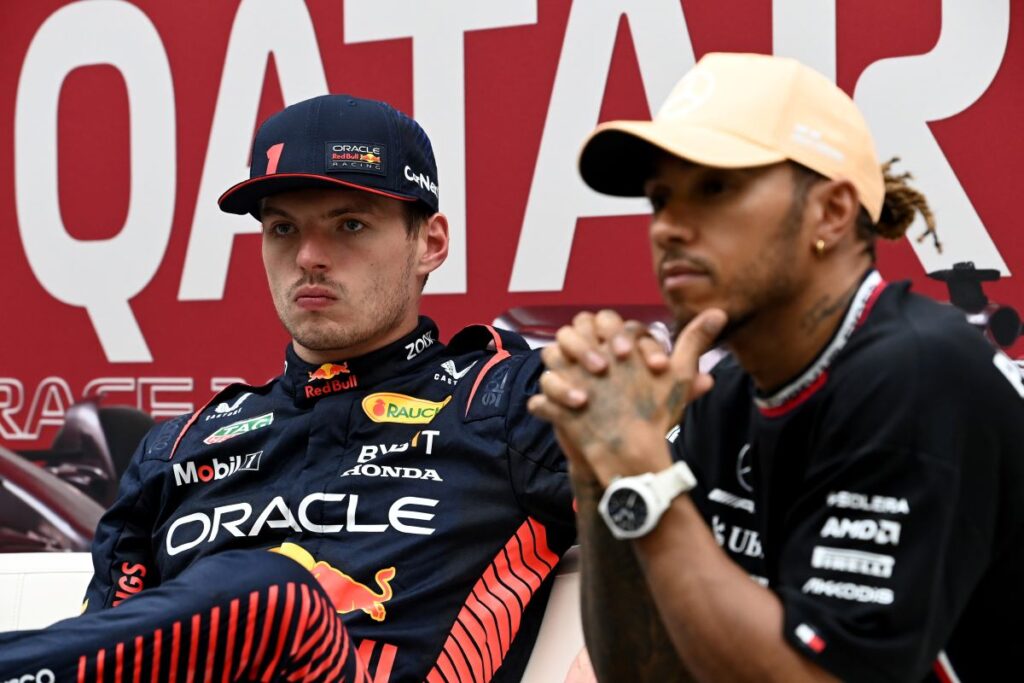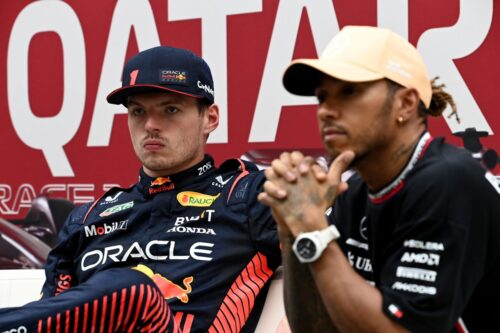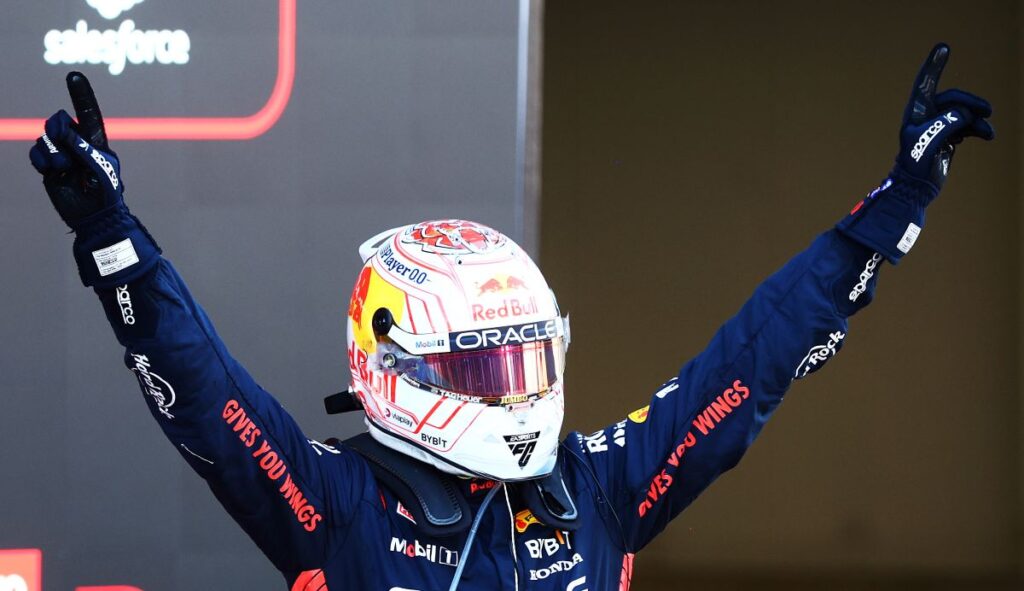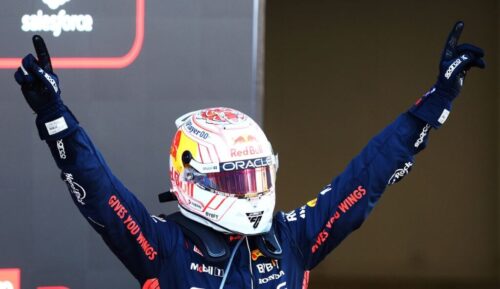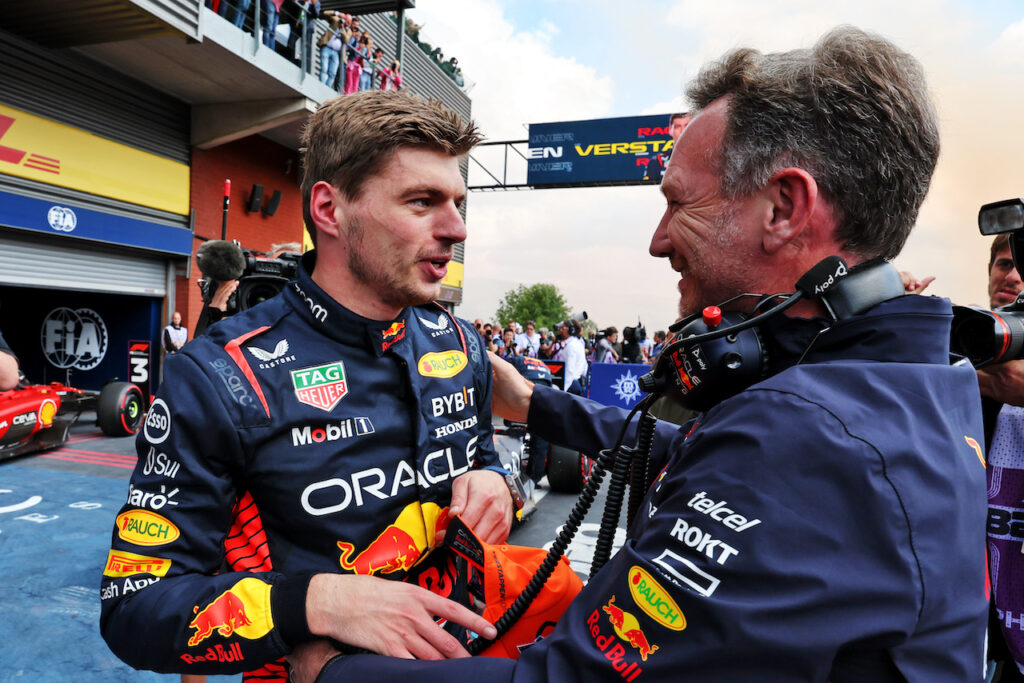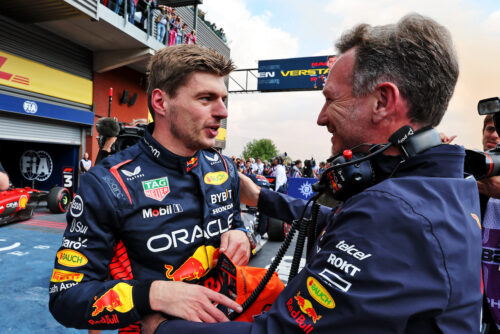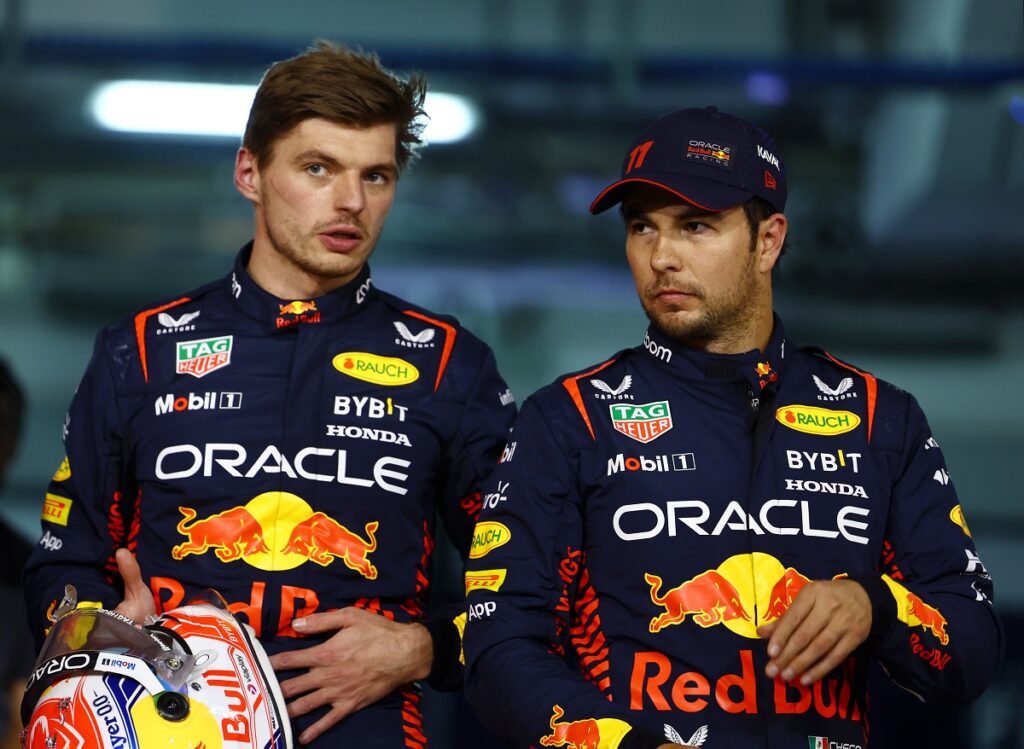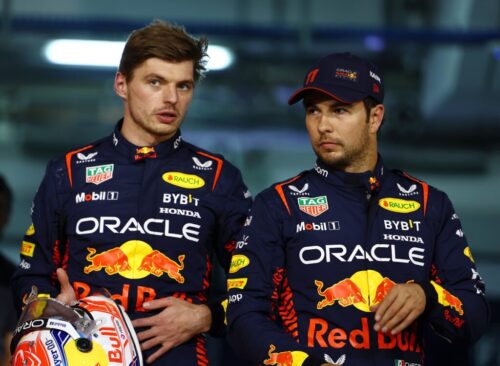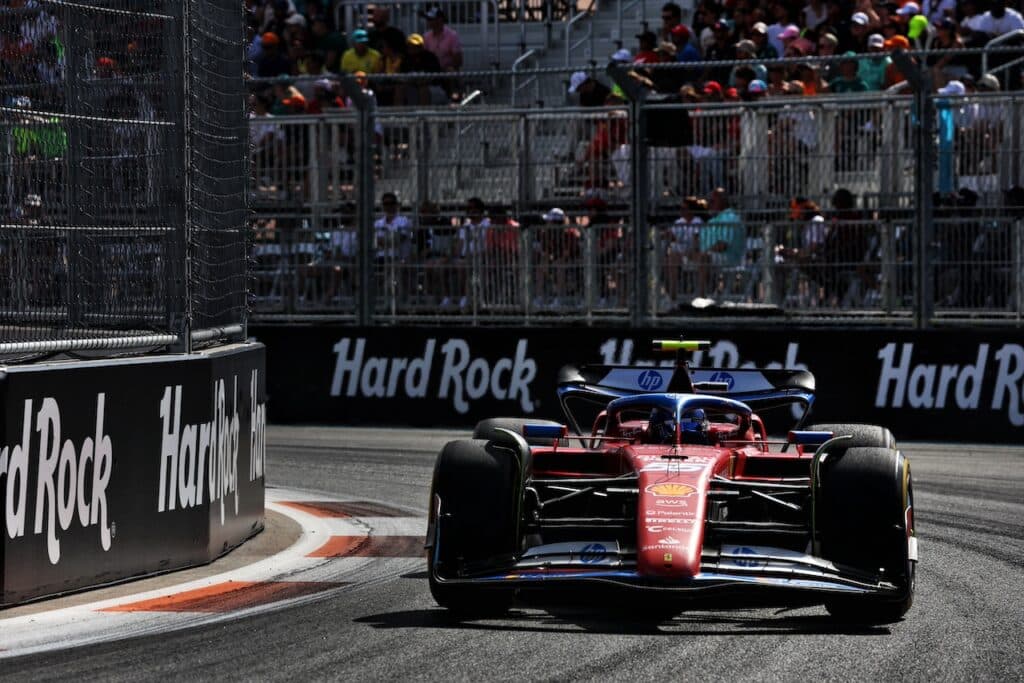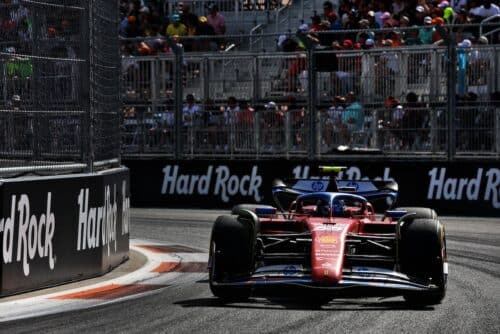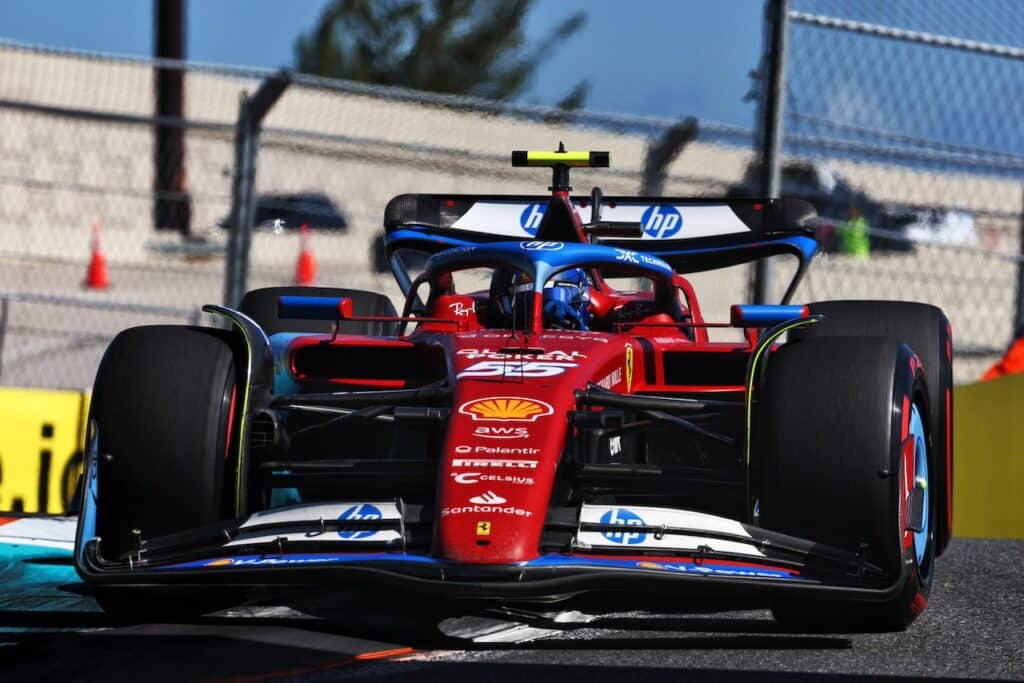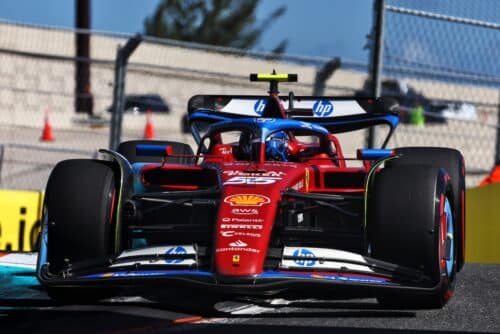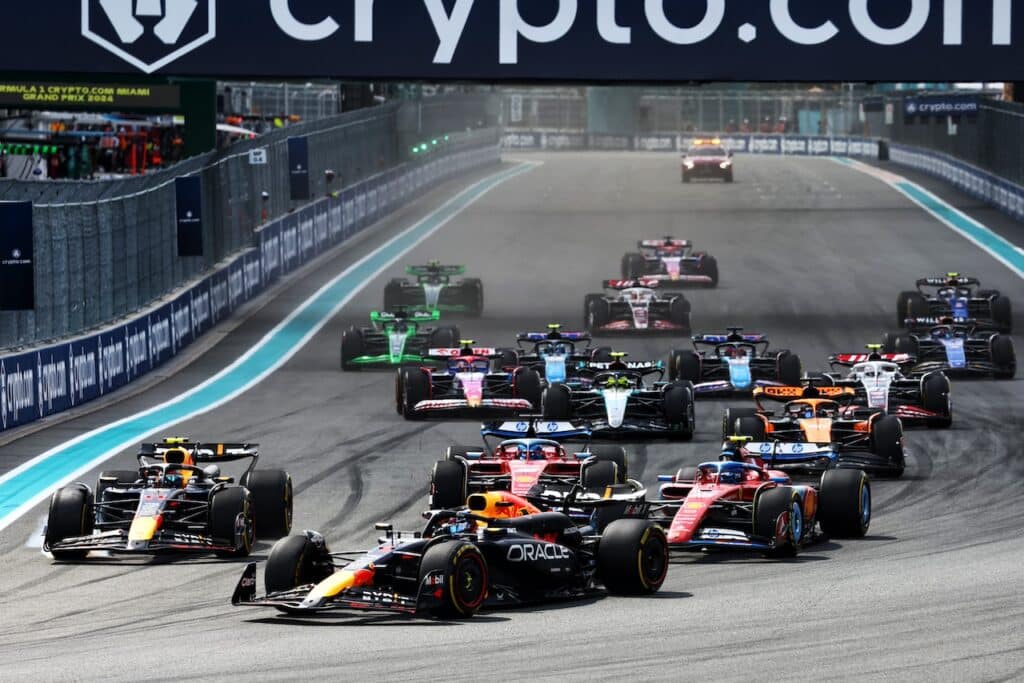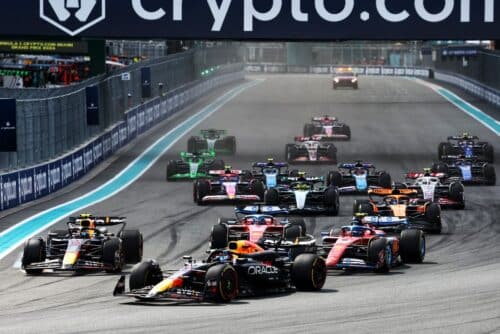The 100 Most Remembered Grands Prix of All Time: Dallas '84
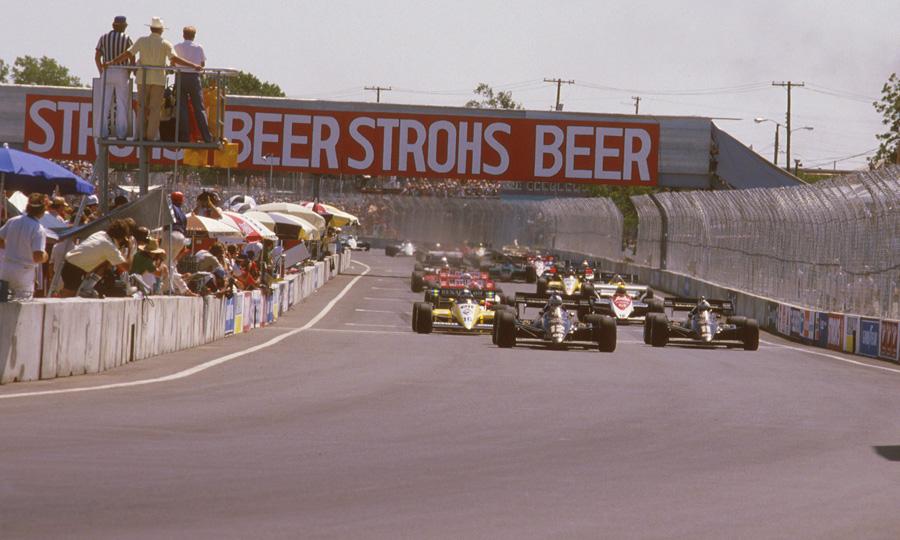
The ninth race of the '84 season was the second US Grand Prix scheduled for that year: the Dallas Grand Prix. It was the first time that racing was held in the Texas town, and the GP had been scheduled for Sunday 8 July. The weather had made fans fear a possible cancellation of the race, given that temperatures had reached up to 38° centigrade, and the sun was beating insistently on the asphalt. Furthermore, the track had not been adequately prepared, and the pilots had complained about the lack of lateral exit routes, but especially about the condition of the asphalt: very irregular and not very resistant to high temperatures.
In fact, the asphalt was already showing bubbles before the cars took to the track, and it began to flake after a few laps of the track by a few cars. After qualifying, Nigel Mansell stood out in his Lotus Renault and took his first career pole position, but declared that the Dallas track was the most difficult he had ever raced on. After lapping in the afternoon with 66° centigrade on the asphalt, Nelson Piquet declared ironically that he was not sure who, whether the drivers or the cars would fail first under the scorching heat. The Lotuses occupied the entire front row, something that hadn't happened since the '78 Dutch GP
The race on Sunday was brought forward to 11 in the morning to overcome the main problem of the weekend: the scorching heat. The warm up was scheduled for 7:45 in the morning, and not all the drivers were happy about having to wake up so early, so much so that Jaques Laffite arrived in the pits in his pajamas, straight from his hotel room. In any case, the warm up wasn't even held, given that the stewards were still working from the evening before after an accident in a Can-Am race the previous day had caused serious damage to the track. It was obviously peeling asphalt that needed to be replaced by quick-setting concrete. The work continued and showed no sign of being finished by the starting time, so the two McLaren drivers, Niki Lauda and Alain Prost tried to convince their colleagues not to race. Keke Rosberg, however, was succinct: “I don't know what all this fuss is about, everyone is complaining until the start, but then at the moment we will go out on track and race as usual. We've come all this way, and the race is ready. Asphalt or not, you know as well as me, we will run."
And in fact the green flag waved behind the grid at 11 o'clock. Mansell maintained the lead, and was threatened for the first ten laps by Derek Warwick, who however was unable to overtake the Englishman. On the eleventh lap Warwick had to retire due to a spin, and so a train of five cars formed, all fighting for the victory. Mansell, De Angelis, Lauda, Rosberg, Prost. Lap after lap Rosberg managed to get behind the leader, as did Prost who advanced in the standings following the Williams driver to third position. On lap thirty-five Mansell made a mistake which allowed Rosberg to take the lead. A few laps later Mansell pitted due to excessive wear on his front tyres. Rosberg was overtaken by Prost on lap 49, and the Frenchman seemed on his way to victory, so much so that he built up a lead of 7,5 seconds, only to then hit the wall and have to retire and give way again to Keke Rosberg. At this point the Finn had a clear path to victory, ten seconds ahead of Arnoux's Ferrari in second place.
After 67 laps, two hours and one minute of pure suffering, Keke Rosberg won his first grand prix of the 1984 season, as well as Williams' only success of that year. Renè Arnoux arrived second at the finish line in the Ferrari, starting from last position, author of a splendid comeback throughout the race. Followed by Elio de Angelis on Lotus, Jaques Laffite on the other Williams and Piercarlo Ghinzani on Osella-Alfa. The most exhausting race, however, was that of Nigel Mansell, who demonstrated an extreme desire to finish the race and courage: betrayed by the transmission of his Lotus a few meters from the finish line he got out of the car and tried to push it to the finish line under the scorching heat. Nigel collapsed a few seconds later and was helped by those present and the circuit doctors. He was classified sixth with three laps behind.
The Dallas Grand Prix was never held again, due to the excessive heat, and the following year it was replaced by the Australian Grand Prix.
Matteo Bramati.
Spanish GP 1996 – The Kaiser's premiere in red
Argentine GP 1953 – Ascari Dominates in Drama
Australian GP 2005 – Physique Against All
Monaco GP 1972 – Beltoise Under the Flood
Monaco GP 1984 – The comeback of Senna and Bellof
French GP 1979 – The Epic Duel between Villeneuve and Arnoux
Monaco GP 1988 – Senna's Inexplicable Mistake
Japanese GP 1988 – Ayrton's World Joy
Japanese GP 1989 – The Race of Discord
Japanese GP 1990 – Senna's Revenge
European GP 1993 – Ayrton's Masterpiece Under the Flood
Italian GP 1970 – Rindt's Tragedy and Regazzoni's Revelation
South African GP 1977 – The Tragedy of Tom Pryce
Mexican GP 1964 – Surtees in Extremis
French GP 1961 – Baghetti, victory as a rookie
German GP 1968 – Stewart dominates the Ring
if you want to always be updated on our news
Follow us here
